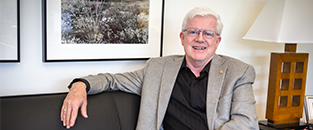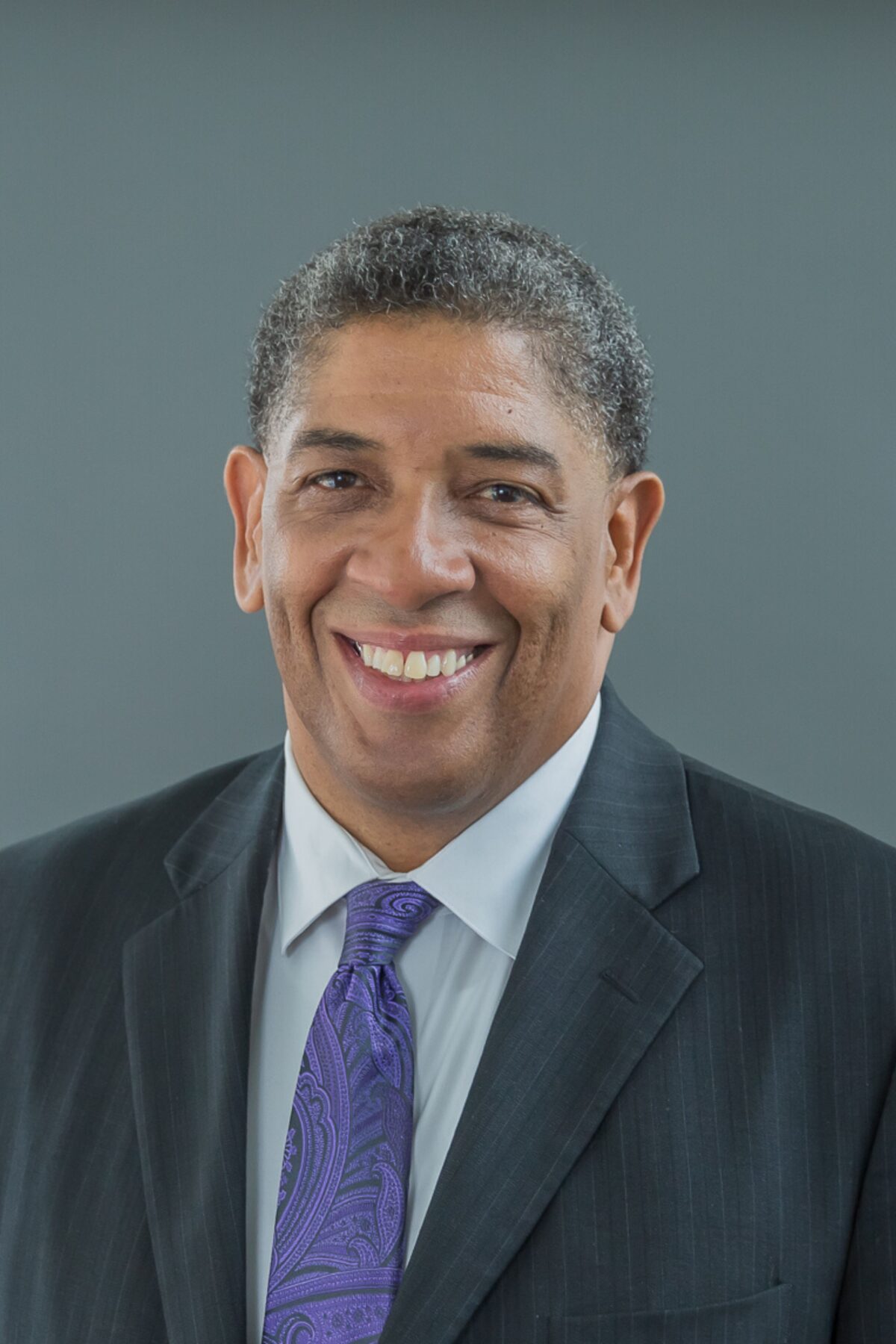Executive Team

Jaime Wesolowski
President & Chief Executive Officer
Jaime Wesolowski is the President and Chief Executive Officer at Methodist Healthcare Ministries. A healthcare executive with three decades of leadership experience, Jaime is responsible for the overall governance and direction of Methodist Healthcare Ministries. Jaime earned his Master’s Degree in Healthcare Administration from Xavier University, and his Bachelor’s of Science from Indiana University in Healthcare Administration. As a cancer survivor, Jaime is a staunch supporter of the American Cancer Society. He serves as Chair of the American Cancer Society’s South Texas Area board of directors and he was appointed as Chair to the recently created South Region Advisory Cabinet, covering eight states from Arizona through Alabama. Jaime believes his personal experience as a cancer survivor has given him more defined insight and compassion to the physical, emotional, and spiritual needs of patients and their families.

Tony LoBasso
Chief Financial Officer
Tony LoBasso is the Chief Financial Officer at Methodist Healthcare Ministries where he is responsible for the overall financial health of the organization. Tony’s career began in public accounting and spans nearly 35 years of progressive financial and accounting leadership in the areas of health insurance, specialty medical care and hospital systems. He also guides the direction of the organization’s information technology & services, community grants and administrative services & facilities teams to fulfill the organization’s mission and vision. Tony earned a bachelor’s degree from the University of Texas at San Antonio. He is a member of the Texas Society of Certified Public Accountants and the Health Care Financial Managers Association.

Xochy Hurtado
Chief Operating Officer
Xochy Hurtado is the Chief Operating Officer at Methodist Healthcare Ministries. Building upon 14 years of progressive leadership experience in the healthcare industry, Xochy guides the direction of clinical and regional operations to ensure the organization’s mission and vision are realized. A native Texan, Xochy earned her Bachelor of Science in Biomedical Science from Texas A&M University in College Station and her Master of Science with a specialization in Healthcare Administration from Trinity University in San Antonio. Prior to joining Methodist Healthcare Ministries, Xochy served in executive leadership roles within HCA Healthcare and the Methodist Healthcare System in San Antonio. She is a fellow in the American College of Healthcare Executives.

Jennifer Knoulton
Vice President of Regional Operations
Jennifer Knoulton is the Vice President of Regional Operations at Methodist Healthcare Ministries. She is responsible for the operations, financial management, quality and patient satisfaction of the organization’s regional nursing and wellness programs, community engagement, and Sí Texas: Social Innovation for a Healthy South Texas project, a Social Innovation Fund program. She and her team work to engage the community of South Texas in issues of health that most directly impact the underserved community. Jennifer earned a bachelor’s degree from the University of Florida and has been a registered nurse for over 25 years. She is a member of the Sigma Theta Tau International Honor Society of Nursing, and Women United – United Way of San Antonio.

Bridget Lamme, PHR
Vice President of Human Resources
Bridget Lamme, PHR, is the Vice President of Human Resources at Methodist Healthcare Ministries where she leads the organization’s human resource (HR) operations for over 475 team members. She has a proven track record of delivering results, influencing change and engaging people across her 25+ years of experience in HR. Bridget’s holistic approach to supporting MHM staff considers the physical, mental and spiritual needs of each team member in order to build a thriving, diverse and engaged workforce. Prior to joining MHM, she was previously the Vice President of Human Resources at Harland Clarke — formerly Clarke American Inc. She currently volunteer for the Guadalupe County Humane Society and is a sustaining member of the San Antonio Junior League. Bridget earned a bachelor’s degree from Angelo State University with a double major in marketing and management and has held the prestigious Professional in Human Resources (PHR) designation since 2002. Most recently, Bridget earned a Masters in Legal Studies from Texas A&M University School of Law with a certificate in Healthcare Law and Policy in 2022.

Charito Lincoln
Vice President of Community Investments
Charito Lincoln is the Vice President of Community Investments at Methodist Healthcare Ministries where she leads the organization’s strategic grant-making and capacity-building efforts. Her leadership is critical to ensuring MHM’s philanthropic and community investment practices support its commitment to health equity – reducing the inequities inherent across South Texas so the least served have greater opportunities to reach their full potential. Charito brings over 15 years of expertise in designing and executing strategies, governance structure, reporting metrics, and transition plans to her role as VP. Prior to joining MHM, she served as the Corporate Responsibility Director at USAA, supporting grantmaking, employee giving, volunteerism, event planning, sponsorships, diversity & inclusion, and racial equality. Charito has also volunteered with various local and national non-profits and is on the board of the S.A.V.E. Women’s Foundation and is a trainer for the Segs4Vets program of Disability Rights Advocates for Technology. She earned a bachelor’s degree in communications from the University of Texas – San Antonio, is a Certified Regulatory Compliance Manager, and is Lean Six Sigma Green Belt certified.

Oanh H. Maroney-Omitade
Vice President of Organizational Excellence
Oanh H. Maroney-Omitade is the Vice President of Organizational Excellence at Methodist Healthcare Ministries where she supports the development of an overall strategic roadmap for the organization. She collaborates with leaders across the organization to prioritize and implement opportunities to improve, enhance and integrate organizational systems and helps implement its strategy for equity, diversity and inclusion work as a foundational element for organizational transformation. She earned a bachelor’s degree from Stanford University and a master’s degree from the University of Texas at San Antonio. Oanh was named “One of San Antonio’s Rising Stars” under the age of 40 by the San Antonio Business Journal in 2003 and was recognized as one of the San Antonio Business Journal’s 2020 Health Care Heroes. She is an alumni of Leadership Women Texas and member of the Alpha Kappa Alpha Sorority Inc.

Sandra Martinez
Vice President of Strategy & Partnerships
Sandra Martinez is the Vice President of Strategy & Partnerships at Methodist Healthcare Ministries where she oversees the Strategy and Impact department and the functions of strategic planning and development, research, and partnerships. Sandra provides strategic guidance and executive leadership in advancing MHM’s strategic plan to address systemic and root causes of health inequity. She is currently leading efforts to establish strategic partnerships that support cross sector collaboration and system level change while building MHM’s capacity as a partner, leader, and convener to advance health equity. Sandra received her undergraduate degree from the University of Texas at Austin and holds a master’s degree from the University of Texas at San Antonio in Political Science. She has more than 20 years of community leadership experience serving in various capacities focused in the areas of health and human services, public policy, and nonprofit sector.

Cindy McCloy
Vice President of Accounting & Controller
Cindy McCloy is the Vice President of Accounting & Controller at Methodist Healthcare Ministries and brings more than 30 years of nonprofit experience to her role where she is responsible for overseeing the accounting, accounts payable and payroll departments; including budgeting, financial forecasting and reporting, tax returns and financial audits. She also supervises more than $24 million in community grants that Methodist Healthcare Ministries awards annually. Cindy earned a bachelor’s degree from the University of Texas at Austin and is a member of the Leadership Texas Class of 2014.
Jessica Muñoz
Vice President of Communications
Jessica C. Muñoz is the Vice President of Communications at Methodist Healthcare Ministries where she plays an integral role in managing the organization’s reputation and strengthening its brand, as well as developing the internal communications systems and processes that help team members stay connected to the organization’s mission. Jessica earned a Master’s degree in Strategic Public Relations from the George Washington University and a B.A. from St. Mary’s University. She is an alumni of Leadership Women Texas and member of the American Marketing Association and the Public Relations Society of America.

Leticia Ortiz-Johnson
Vice President of Integrated Healthcare
Leticia Ortiz-Johnson is the Vice President of Integrated Healthcare at Methodist Healthcare Ministries where she is responsible for the operations of the organization’s clinical care programs, including medical, dental, behavioral health and nutrition services. Lety haspreviously served the organization as interim Vice President of Clinical Operations and before that as Director of Medical Operations. Lety has been a registered nurse for the past 28 years and most recently attained her Master of Science in Nursing as a Family nurse Practitioner from Texas Tech University. She also earned a bachelor’s degree in Nursing from Texas Tech University. Lety is originally from Del Rio, Texas.

Chris Yanas
Vice President of Policy & Advocacy
Christine Yanas is the Vice President of Policy & Advocacy at Methodist Healthcare Ministries, where she is responsible for the development of the organization’s public health policies and legislative agendas. Chris is an experienced government relations professional with more than 15 years of specialized knowledge and experience in hospital and healthcare public policy. Prior to joining Methodist Healthcare Ministries, Chris served for seven years as the interim CEO and vice president of operations and advocacy at Teaching Hospitals of Texas (THOT) in Austin where she advocated on behalf of the state’s large teaching hospitals. Her career in policy work began at the state capitol as a legislative staffer for a number of rural and urban members of the Texas House of Representatives. A graduate of The University of Texas at Austin, Chris earned a Bachelor of Arts degree with a double major in English and Government.


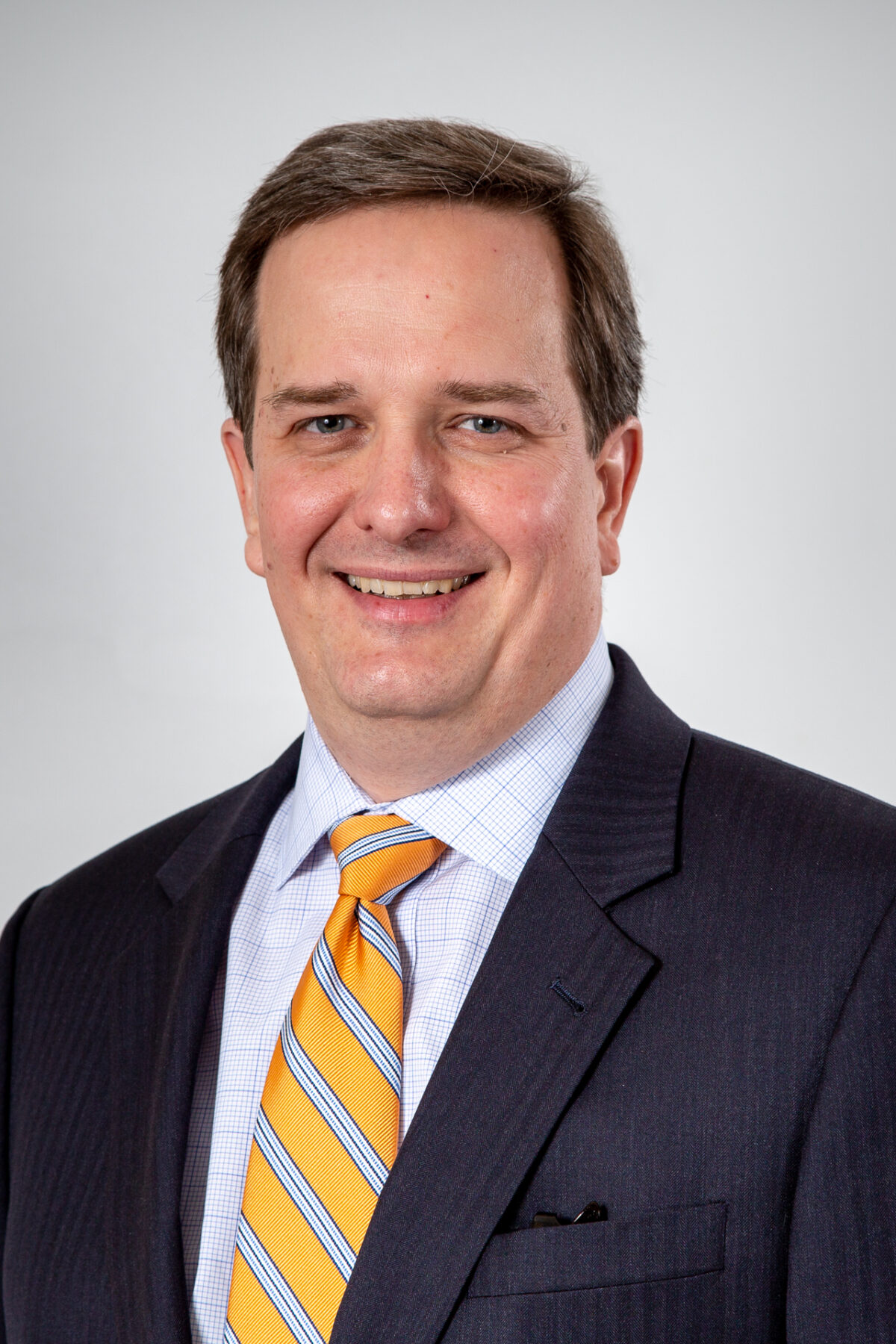
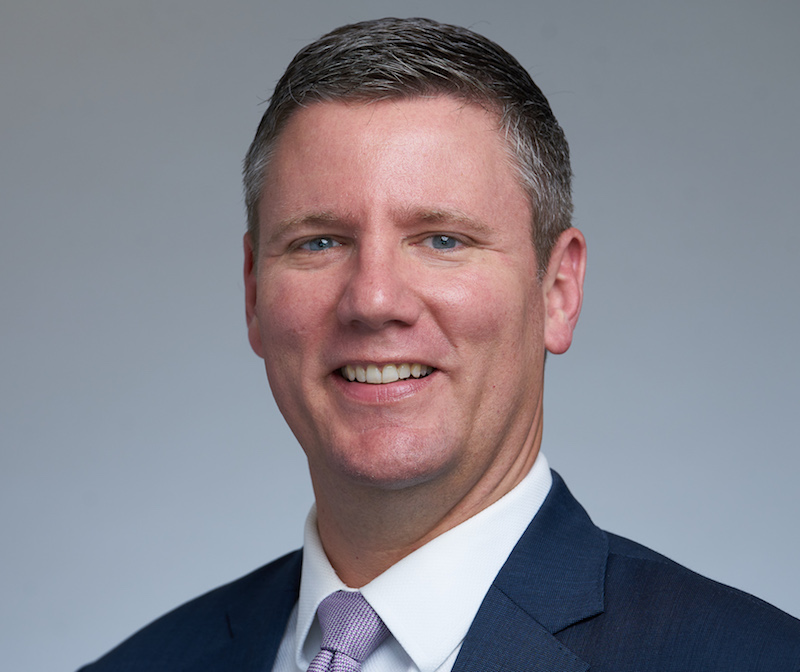
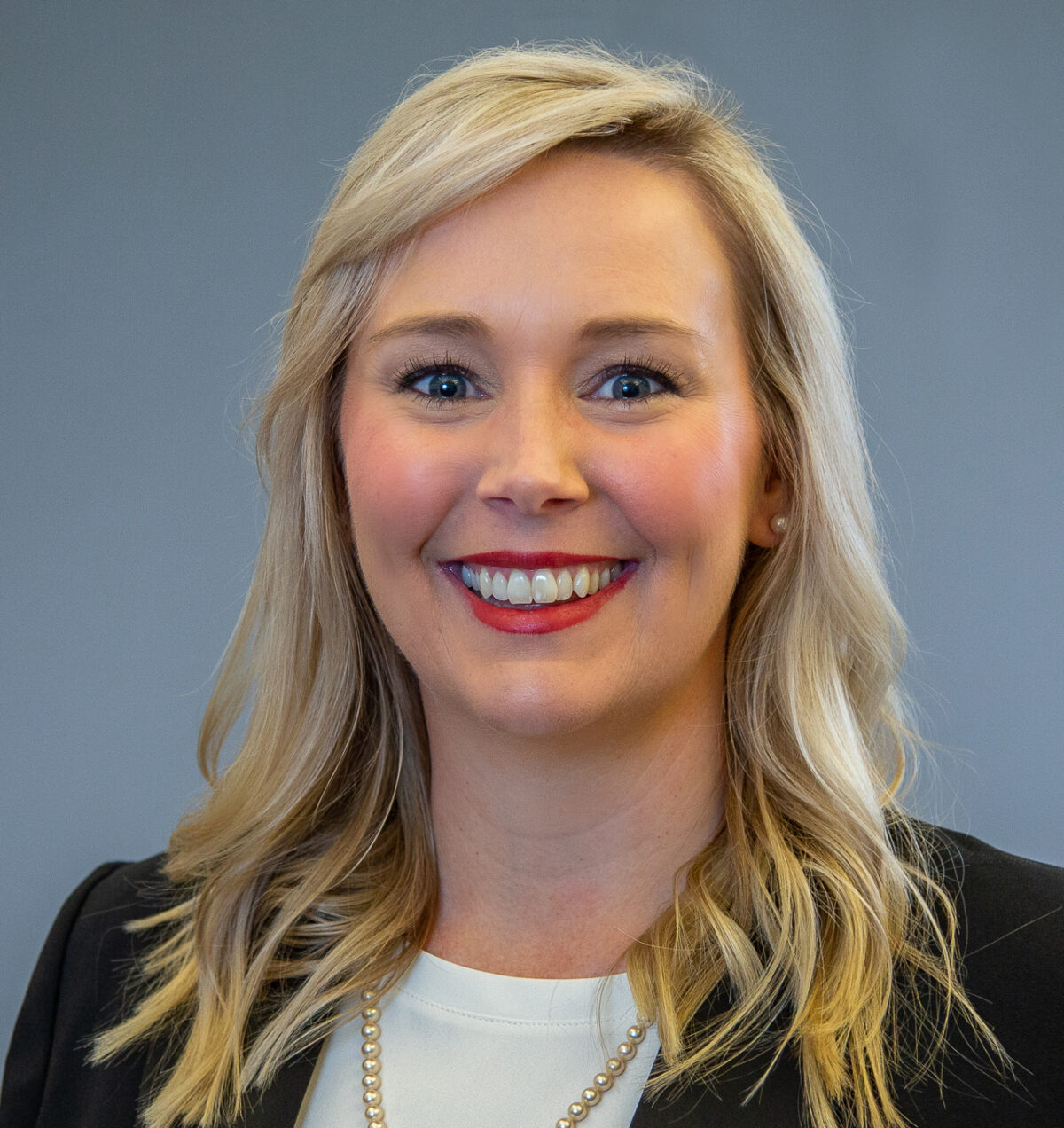


 Originally posted by the Valley Morning Star.
Originally posted by the Valley Morning Star.
